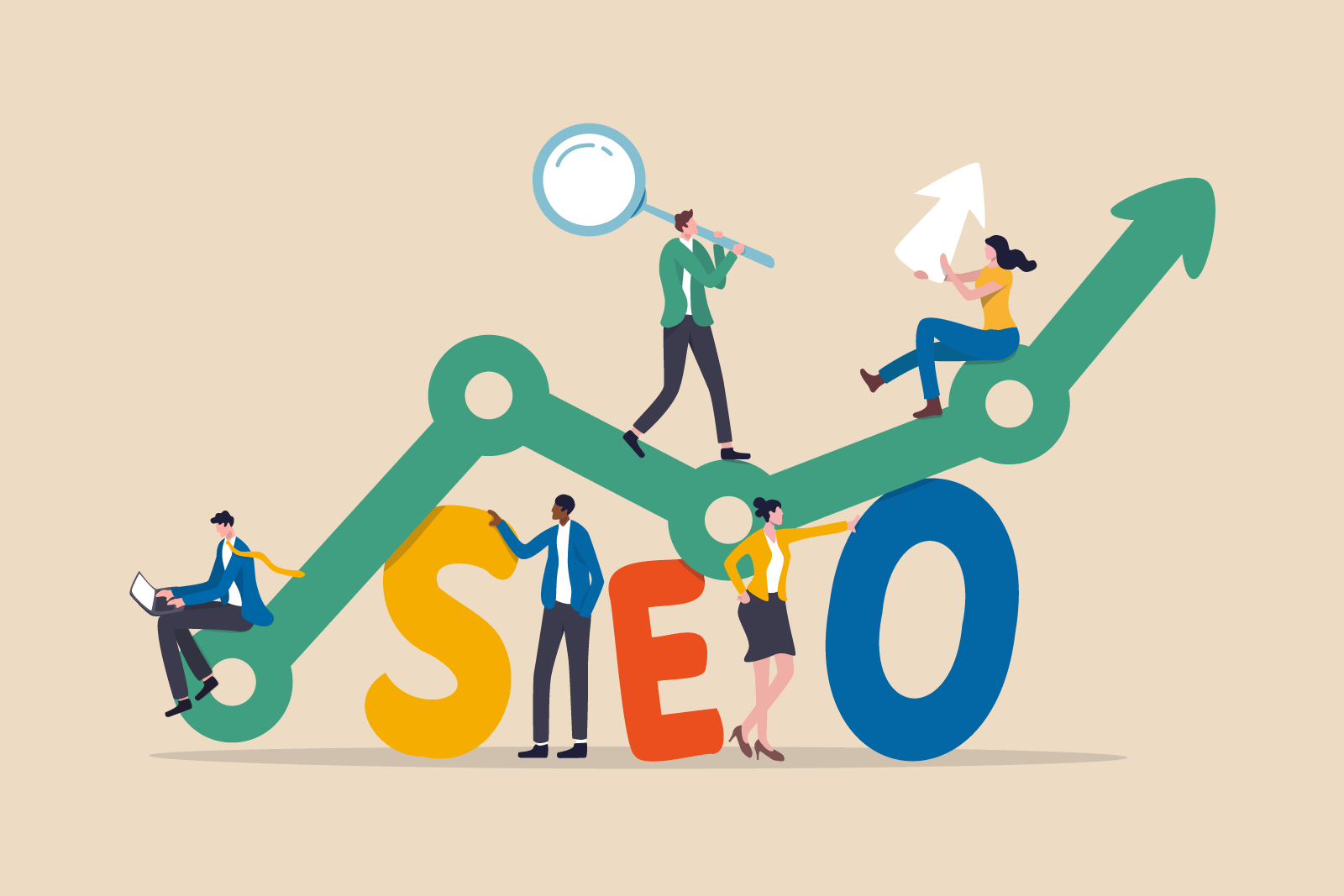
The Future of SEO: Navigating Digital Landscape for Business Success
The Future of SEO.
In today’s digital age, search engine optimization (SEO) is more important than ever for businesses looking to succeed online. With billions of searches conducted every day on search engines like Google and Bing, having a strong SEO strategy is crucial for reaching and engaging with your target audience. But as the digital landscape continues to evolve, what does the future of SEO look like?
Voice Search
One of the biggest trends in the future of SEO is the rise of voice search. As more and more people turn to virtual assistants like Siri and Alexa to conduct their searches, the way that people search for information is changing. Voice search is much more conversational than traditional text-based search, and businesses need to optimize their content accordingly. This means creating content that is more conversational and easy to read out loud, as well as optimizing for long-tail keywords that are more likely to be used in voice search queries.
- Case Example: A local pizza restaurant optimized their website for voice search by creating content that answers commonly asked questions like “What’s the best pizza place near me?” and “What’s the phone number for XYZ Pizza?” They also used long-tail keywords such as “best pizza delivery near me” and “gluten-free pizza options” to increase their chances of appearing in voice search results.
Local Search
Another trend that is shaping the future of SEO is the growing importance of local search. As more people search for local businesses and services, it’s becoming increasingly important for businesses to optimize their local search presence. This involves claiming and verifying your business on local directories, creating local listings and maps, and optimizing your website for local search keywords.
- Case Example: A small boutique clothing store optimized their local search presence by claiming and verifying their business on Google My Business and Yelp. They also created local listings on directories like YellowPages and Citysearch and optimized their website for local keywords such as “women’s clothing store in downtown area” and “fashion boutique near me.” As a result, they were able to attract more foot traffic and boost their online visibility.
Artificial Intelligence
The rise of artificial intelligence (AI) is also having a big impact on the future of SEO.
Google’s AI algorithm, known as RankBrain, is becoming increasingly sophisticated and is changing the way that search results are ranked. This means that businesses need to focus on creating high-quality, relevant content that satisfies user intent, as well as ensuring their website is user-friendly and accessible.
Microsoft’s search engine, Bing, has recently incorporated OpenAI’s Chat GPT into its search results page, allowing users to ask questions in natural language and receive more conversational and informative answers. This integration of AI technology is improving the search experience for Bing users and providing more personalized and accurate search results. As AI continues to advance, we can expect it to have an even greater impact on the future of search engine optimization and how businesses approach their SEO strategies.
- Case Example: An online retailer optimized their content for AI algorithms by creating high-quality, engaging product descriptions and incorporating natural language that satisfies user intent. They also optimized their website for user experience by using a clear and simple layout, easy navigation, and fast loading times. As a result, they saw an increase in their organic search traffic and higher search engine rankings.
Mobile Optimization
Mobile optimization is also becoming increasingly important for SEO. With more and more people using their smartphones and tablets to search for information, it’s crucial for businesses to ensure their website is mobile-friendly and provides a great user experience. This means designing a responsive website that adjusts to different screen sizes, and ensuring that the website loads quickly on mobile devices.
- Case Example: A hotel chain optimized their website for mobile devices by creating a responsive website design that adjusts to different screen sizes. They also used mobile-friendly fonts and images, optimized their website loading speed, and provided a user-friendly booking experience on mobile devices. As a result, they saw an increase in their mobile traffic and higher conversion rates.
Navigating the digital landscape for business success.
The future of SEO is constantly evolving and businesses need to stay ahead of the curve to succeed. From optimizing for voice search and local search, to focusing on user experience and mobile optimization, the future of SEO is all about providing high-quality, relevant content that satisfies user intent and meets the needs of your target audience.
Whether you’re a seasoned SEO professional or just starting out, by staying ahead of the trends and focusing on the right strategies, businesses can succeed in the ever-evolving digital landscape and engage their target audience like never before. Book a free business consultation with Thinklyn today to learn more about our content marketing and SEO services.



